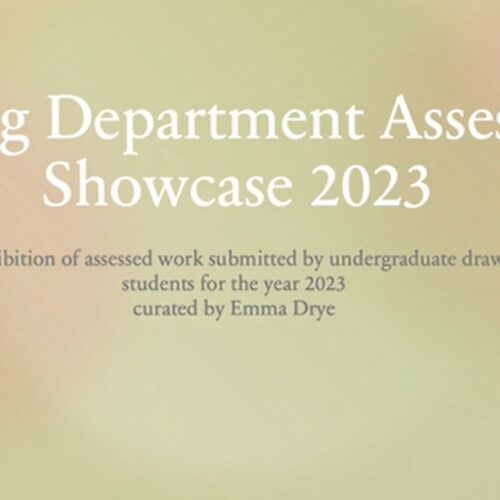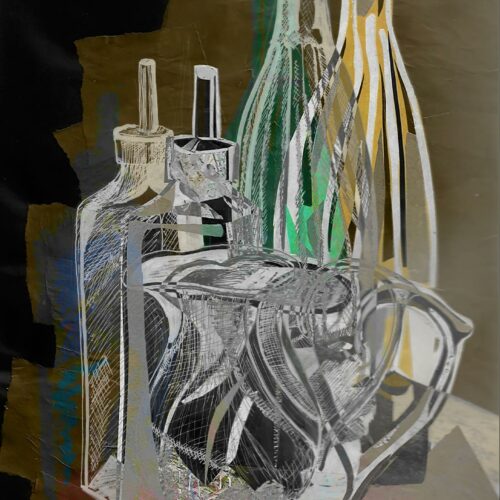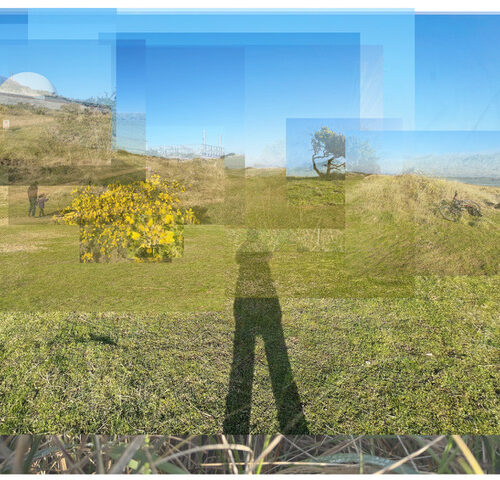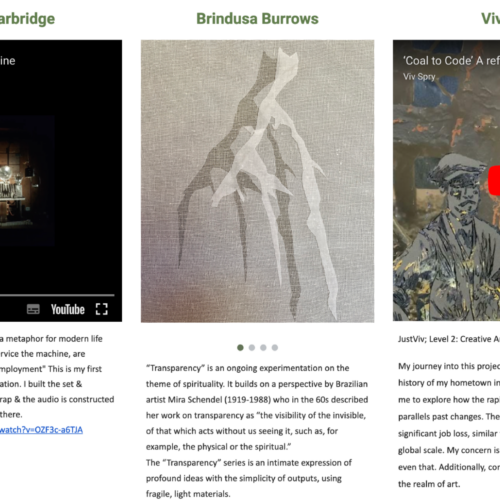
Not writing but dreaming
Sandy Spirling studied creative writing with OCA for seven years whilst working for an animal charity, graduating in 2013 with a first class honours degree. Her aim was not just to write, but to write well, and to understand how others tackle the inevitable problems of the writing life. An unexpected element of the course was that it created in her a passion for poetry, and this led to her being invited as a poet-in-residence at the Sutton Hoo poetry festival in Suffolk. She is a member of the Suffolk Poetry Society and reads her work at poetry cafés. We invited her to leave aside the novel she began when she was a student to blog about an aspect of the writer’s life that has been revealed to her through studying.

To me, creative writing is rather like making wine. First, there is the gathering of ingredients; the succulent fruits of word and phrase, the sugared waters of the imagination. These must then be mixed together with thought for colour, taste and scent. Into this murky cordial is poured the yeast, the living heart of the vintage, without which there will be no wine.
We also need those bubbles of transition to make our writing live. Technique alone is not enough. It’s no good pounding the keyboard, practicality will not serve. These bubbles rise only when the mind is still; in the dreamtime between waking and sleeping, or when our eyes are fixed on some far horizon. It is only in stillness that we find what is missing – the word that has eluded us, the change in syntax that puts the beat into the heart of our poems. Small changes or large ones, this is part of the creative process.
As writers we have to listen to that inner voice. It tells us when the rhythm jars, when something is wrong. In my case, my assessment submission for Writing 3 – Advanced was almost done when that nagging voice began to tell me that my story, the first part of a novel, was not sufficiently grounded in the past. It was not direct enough. I didn’t want to listen, but I had to accept that there was a problem. I tried reworking the assignments, adding titbits of historical detail, but still my characters remained distant and I was running out of time.
Then one day, when I was out walking the dog, watching him play in the stream and thinking of nothing very much, it came to me that the tense was wrong. The tense I was using put the story back in time, but my characters were not acting out their story in the past. They are in the here and now. The action needed the tension of the moment, something the past tense couldn’t provide. I decided to rewrite the whole thing again, in the present tense which would, I hoped, take the reader back to a different world, to 1804, when Napoleon was threatening to invade and my characters were in imminent danger.
After days (and nights) of frantic writing, I felt I had achieved immediacy. I wanted to dive into the heads of my characters, know what they were thinking, feel the weight of their clothes and taste their food. I didn’t want to relate what it was like to live in 1804 but to live it, with all the pleasures and discomforts of the time.
That moment by the stream changed my writing completely. It was a spark of enlightenment, but then this is the nature of creativity. It is transient and elusive and to find it we need to dream; to tune in to the subconscious and listen to that inner voice. It could be the whisper of the muse herself.
Photo credit:James Wheeler






Inspirational! Thank you for sharing with us. We need a lot more posts like this one please.
Thank you for your comment. Writing can be a hard slog, harder still if we forget to dream, to open up and let inspiration in. Good luck with your own writing Josephine
Thank you Sandy. Getting in touch with our inner being, which I feel is where my Muse lives, takes time but it is so well worth the effort as She writes much better than ever I do. thank you for reminding me in such a beautiful way.
Josephine, I am pleased to hear Sandy’s post has inspired you, and that you would welcome more along similar lines. I was inspired too, talking to her.
Can we have more articles on creative writing please Elizabeth? Perhaps from some of the tutors as well as successful students like Sandy.
You might be interested in following my blog – about a writer struggling with a first novel. The url is as follows: http://SandyWritingDiary.blogspot.co.uk See what you think.
Sandy
Thank you Sandy!
Very inspiring, and I agree that we need more posts such as these. Thank you, Sandy, for sharing.